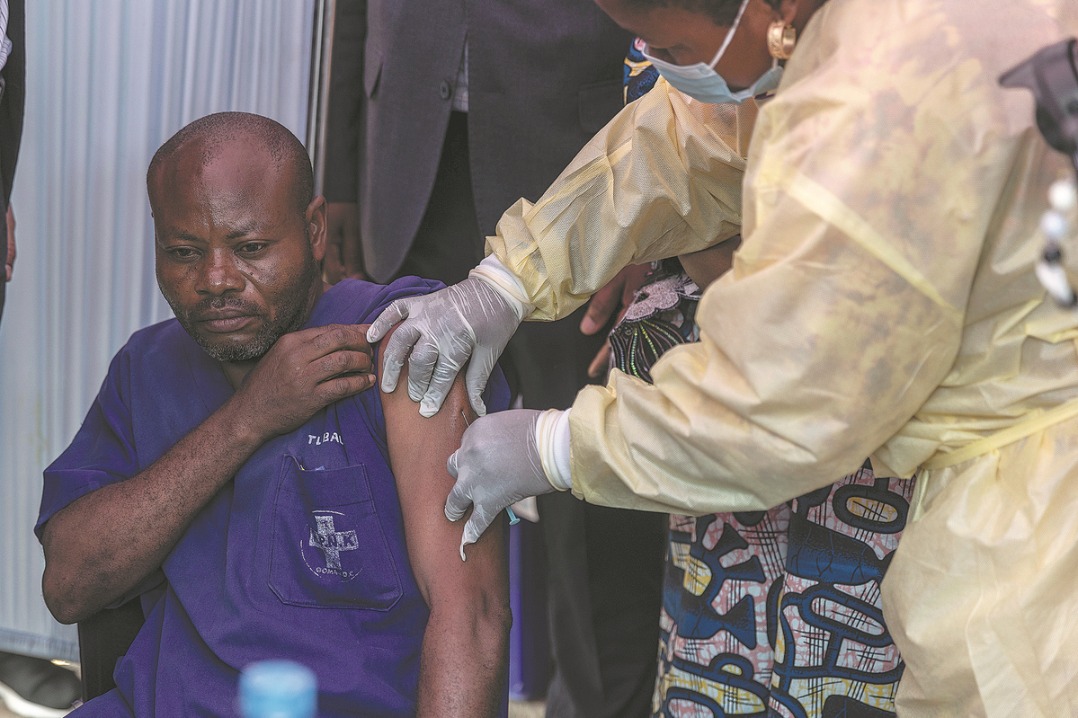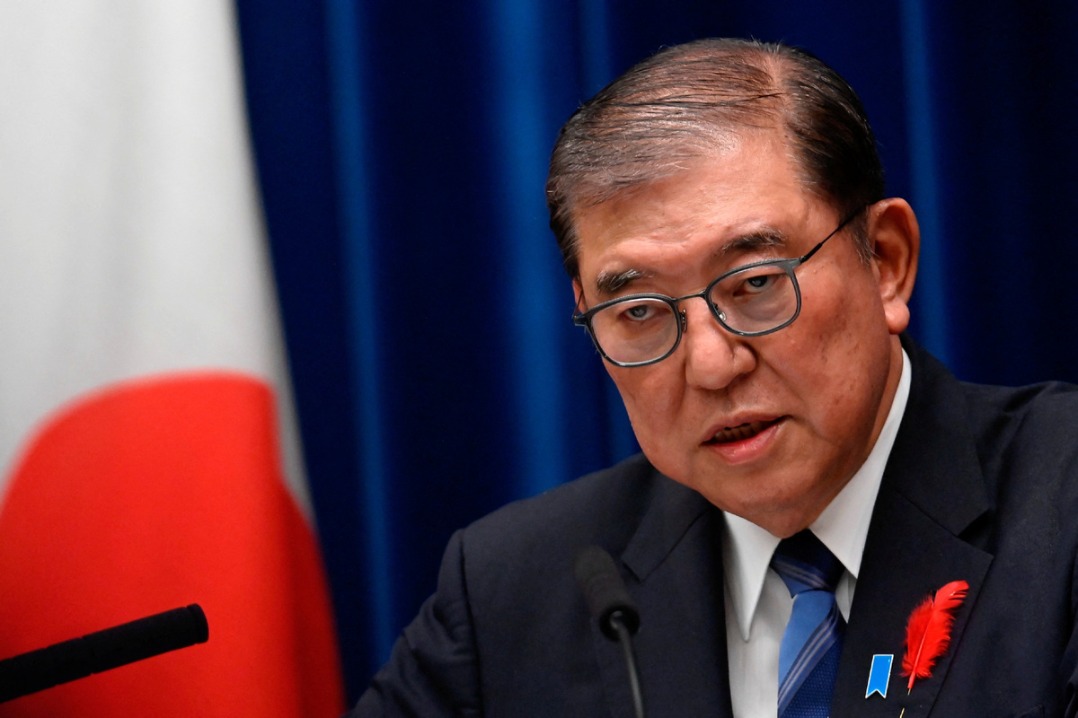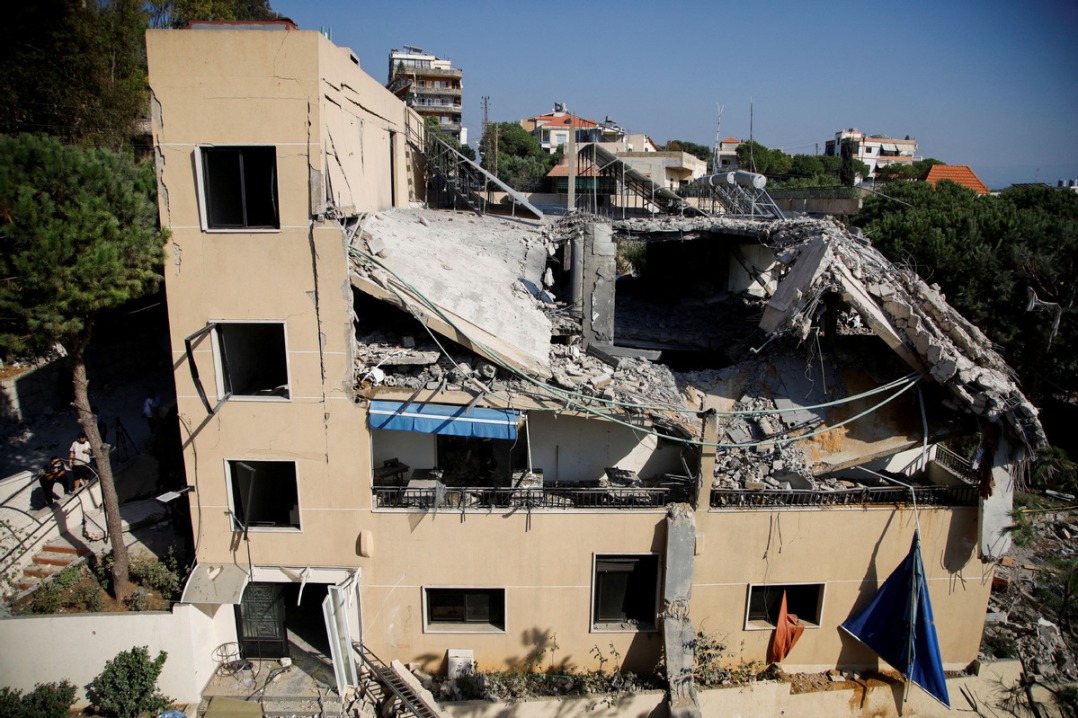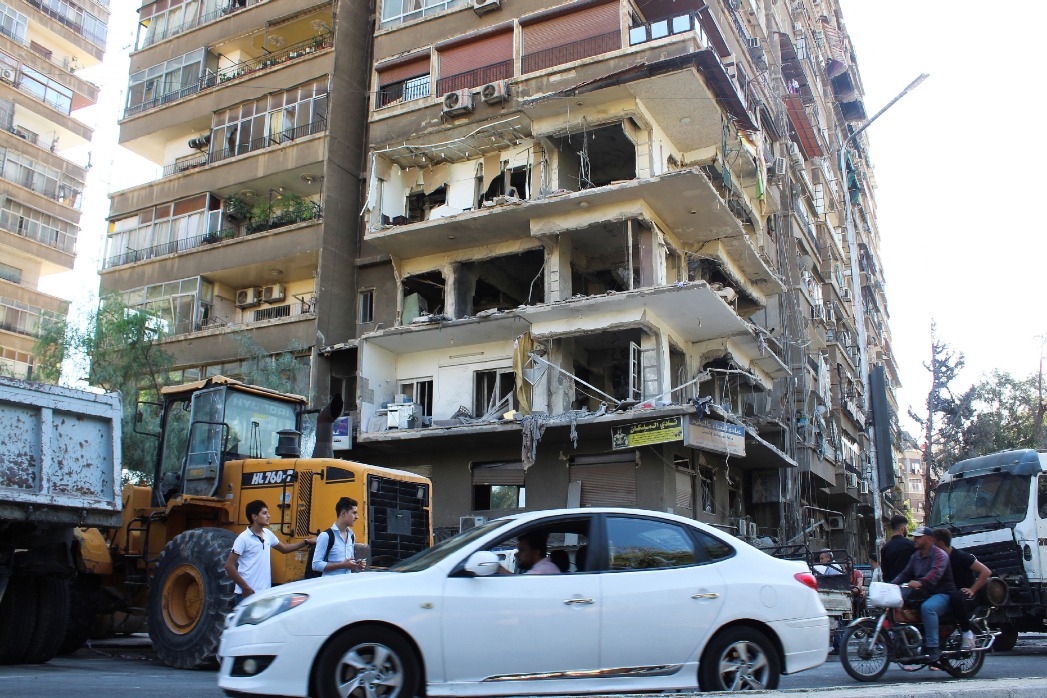Africa calls for global help on health


The Africa Centres for Disease Control and Prevention has called on global partners to support Africa's pursuit of self-reliance in manufacturing medical countermeasures such as diagnostics, therapeutics and vaccines.
The public health agency of the African Union raised the concern based on the current struggles the continent is facing to control the mpox and Marburg virus outbreaks.
"It is unacceptable that, despite the lessons from COVID-19, Africa remains dependent on external donations for critical health resources," the Africa CDC said in a statement on Tuesday.
"The African Union has already taken decisive steps to address this issue, mandating Africa CDC to extend its scope from vaccines to all medical countermeasures and establishing the African Pool Procurement Mechanism to ensure equitable access to affordable, high-quality medical products across the continent."
The agency said that while the affected countries are taking decisive actions, they need support to enhance their surveillance systems, strengthen case management protocols and expand contact tracing.
Rwanda reported a Marburg outbreak in late September, and so far 56 cases have been confirmed and 12 deaths reported.
A vaccination exercise in the country kicked off on Monday starting with the frontline health workers.
"This critical step enhances the protection of our healthcare teams and strengthens Rwanda's defense against infectious diseases. Protecting those who protect us is key to ensuring the health and safety of all," the King Faisal Hospital Rwanda wrote in its X account.
In a statement on Tuesday, the World Health Organization appealed for $7.7 million from October to December 2024 to support the government of Rwanda in controlling the Marburg virus disease outbreak.
The funding will enable WHO to carry out surveillance, infection prevention, community engagement and cross-border collaboration activities.
The Democratic Republic of the Congo is the country most affected by the mpox outbreak, with more than 30,000 suspected cases and more than 900 deaths having been reported since January, according to the United Nations Children's Fund, or UNICEF.
In a statement on Tuesday, the UN agency said children under 15 account for roughly 60 percent of mpox cases and 80 percent of mpox deaths in the country.
Burundi is the second-most affected country, with more than 800 confirmed cases, and Nigeria with 78 cases, according to WHO.No deaths have been reported in Burundi and Nigeria.
Mpox has been reported in 15 African countries since January, six of which had never reported the disease previously.
Mpox vaccinations began in the DRC on Oct 5, starting with frontline health workers and other vulnerable groups in North Kivu.
A total of 265,000 doses of the MVA-BN mpox vaccine arrived in Kinshasa in September.
DRC expects to receive the LC-16 mpox vaccine, which has the potential to protect children. The mpox vaccination campaign is also ongoing in Rwanda, the UN agency said.
































